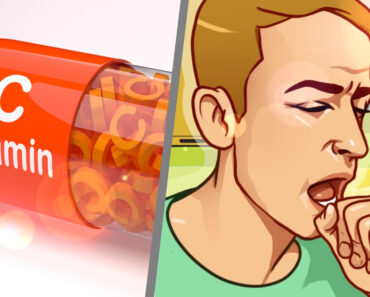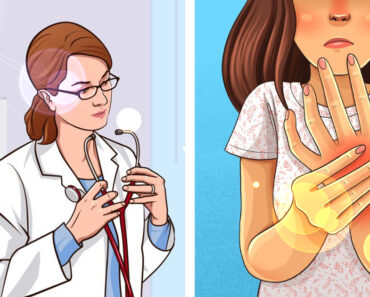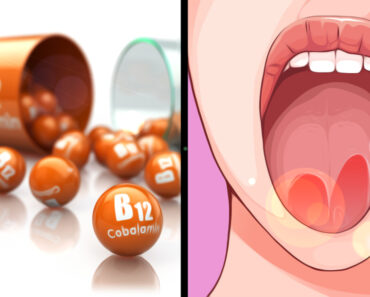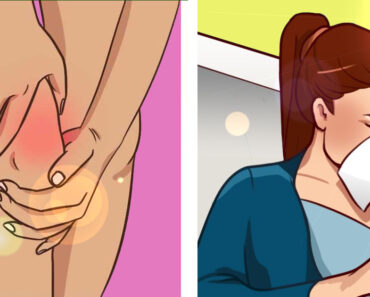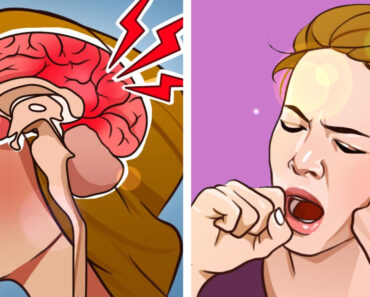Treatment Options for Vitamin B12 Deficiency
When it comes to treating vitamin B12 deficiency, there are several options available. The choice of treatment depends on the severity of the deficiency, the underlying cause, and the presence of any associated complications.
Dietary Changes
One of the first steps in treating vitamin B12 deficiency is making dietary changes. Consuming foods that are rich in vitamin B12 can help increase the levels in the body. Some of the best dietary sources of vitamin B12 include:
- Meat, such as beef, chicken, and pork
- Fish, such as salmon, trout, and tuna
- Shellfish, such as clams, mussels, and crab
- Dairy products, such as milk, cheese, and yogurt
- Eggs
Adding these foods to the diet can help replenish vitamin B12 stores and prevent further deficiency.
Supplements
If dietary changes alone are not sufficient, healthcare professionals may recommend vitamin B12 supplements. These supplements come in various forms, including oral tablets, sublingual tablets, and injections. The type of supplement used depends on the individual’s preference, absorption capabilities, and the severity of the deficiency.
Vitamin B12 supplements are available over-the-counter and can be found at most pharmacies or health food stores. It’s important to follow the recommended dosage as advised by a healthcare professional.
Other Interventions
In some cases, vitamin B12 deficiency may be caused by underlying conditions or factors that hinder proper absorption. In these situations, additional interventions may be necessary to address the deficiency effectively.
For individuals with vitamin B12 deficiency anemia, treatment may involve addressing the underlying cause of the anemia, such as iron deficiency or autoimmune conditions.
It is crucial to consult with a healthcare professional to determine the appropriate treatment plan for vitamin B12 deficiency. They will take into account the individual’s specific condition, medical history, and any existing complications.
Regular follow-up appointments and blood tests may be necessary to monitor vitamin B12 levels and assess the effectiveness of the chosen treatment.
| Treatment Option | Description |
|---|---|
| Dietary Changes | Incorporating vitamin B12-rich foods into the diet |
| Supplements | Taking oral tablets, sublingual tablets, or injections |
| Other Interventions | Addressing underlying causes or complications |
Open the Next Page to See More


